About Project WET
"Project WET" stands for "Water Education Today" and is an international program that provides science-based water education resources to teachers and educators of all levels, aiming to teach people about water and its importance and encourage responsible environmental stewardship through interactive and hands-on learning activities; essentially, it's a curriculum focused on educating individuals about water issues and promoting water conservation practices.
What is Project WET?
- Focus on Water Education:
The primary goal is to educate people of all ages about water science, its environmental impact, and the need for responsible water management.
- Interdisciplinary Approach:
Project WET incorporates various subjects, such as science, social studies, communication arts, and math, into its lessons to provide a holistic understanding of water issues. This collection of lesson plans includes curriculum pieces for all grade levels.
- Hands-on Learning:
The program emphasizes practical activities and experiments to engage students and facilitate deeper learning.
- Target Audience:
Project WET materials can be utilized by teachers, youth group leaders, park rangers, and other educators working with students from kindergarten through high school.
- Global Reach:
Project WET is used in many countries worldwide, adapting its curriculum to local water challenges.
Program offerings
Project WET workshops are intended for K-12 teachers and environmental educators. Our mission is to help teachers implement environmental education/water topics into their existing curriculum and to help environmental educators implement activities into their programming.
Further professional development workshops (for educators who completed Project WET training) focus on classroom management, assessment strategies, integrating WET activities into existing curriculum and across subject areas, discussion groups on how to better use the activities within the classroom.
Main programs
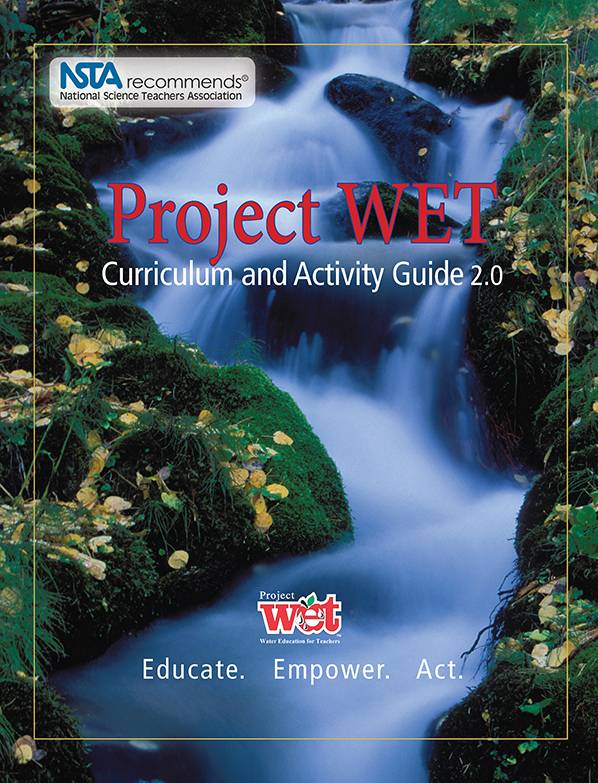
WET 2.0 Curriculum and Activity Guide
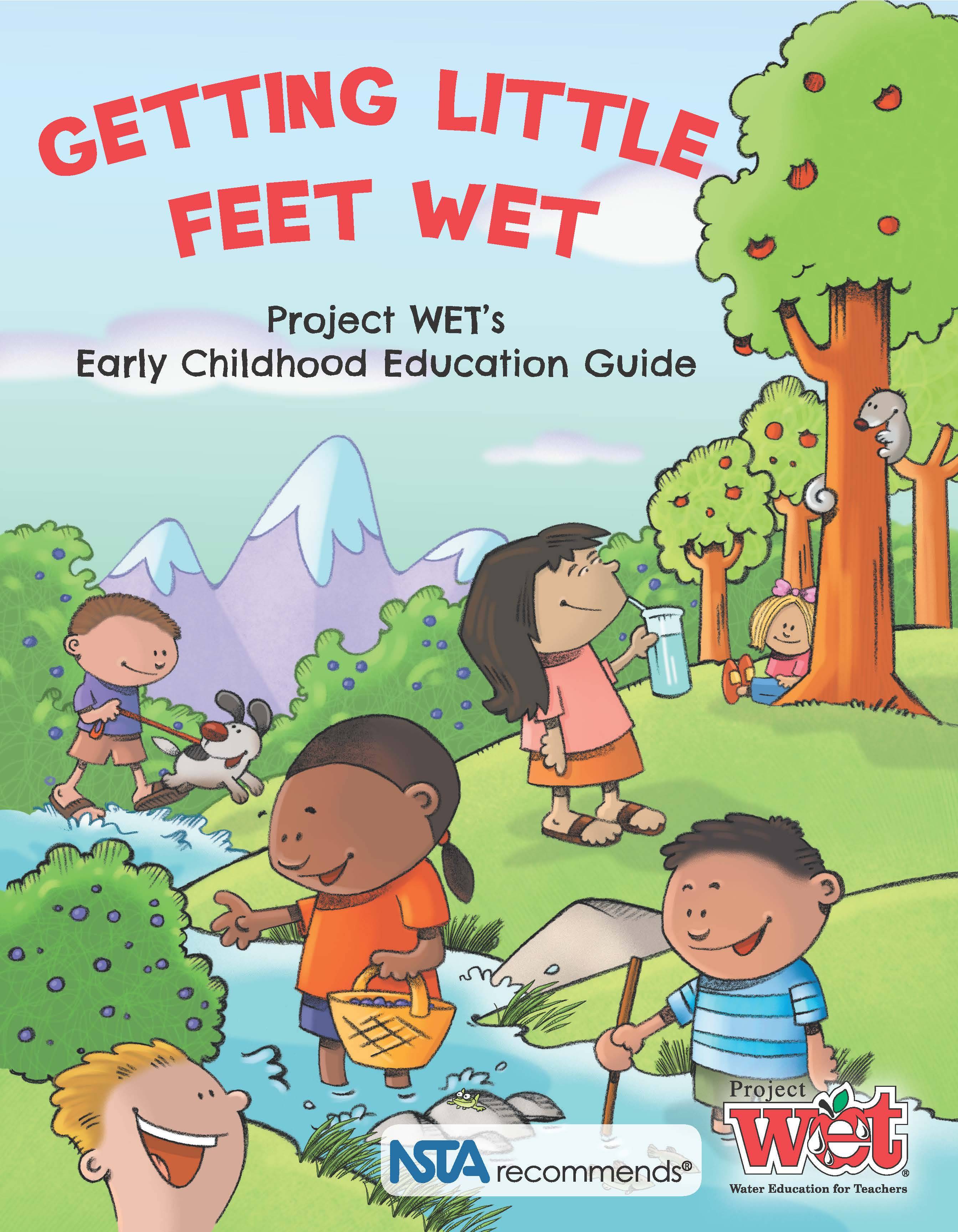
Getting Little Feet Wet - Early Childhood Guide
Secondary programs
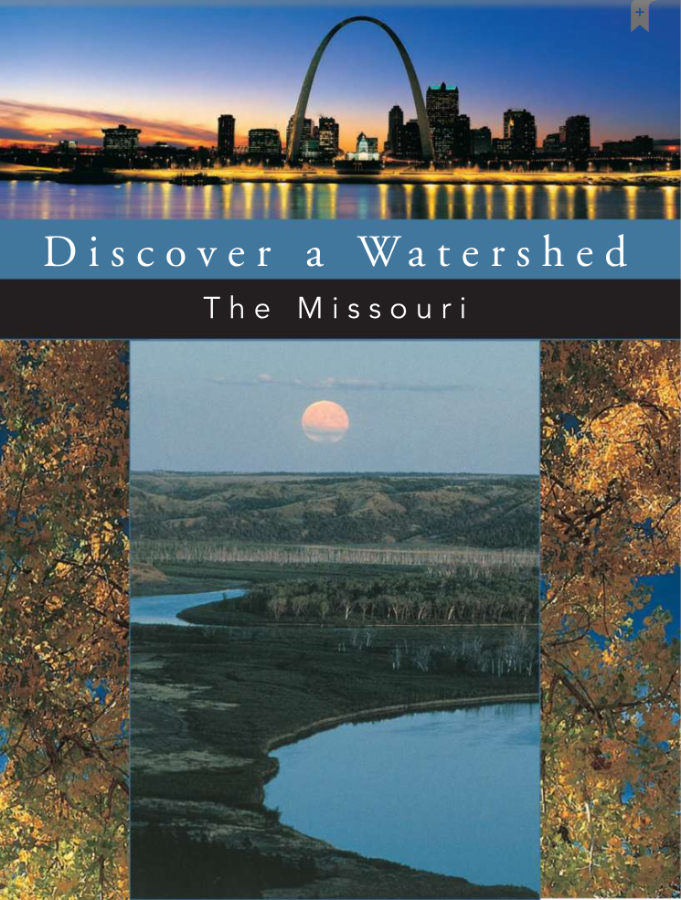
Discover a Watershed: The Missouri
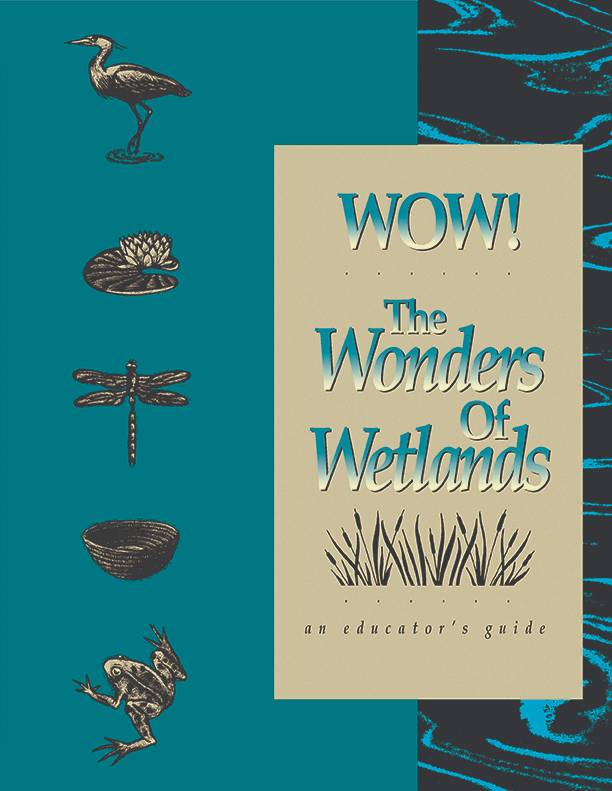
WOW! The Wonders of Wetlands
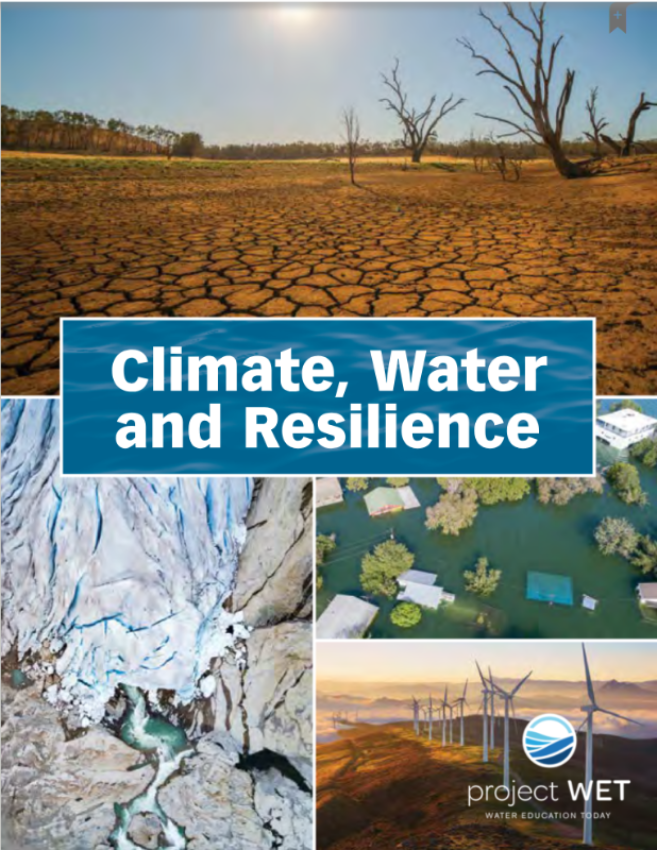
Climate, Water, and Resilience
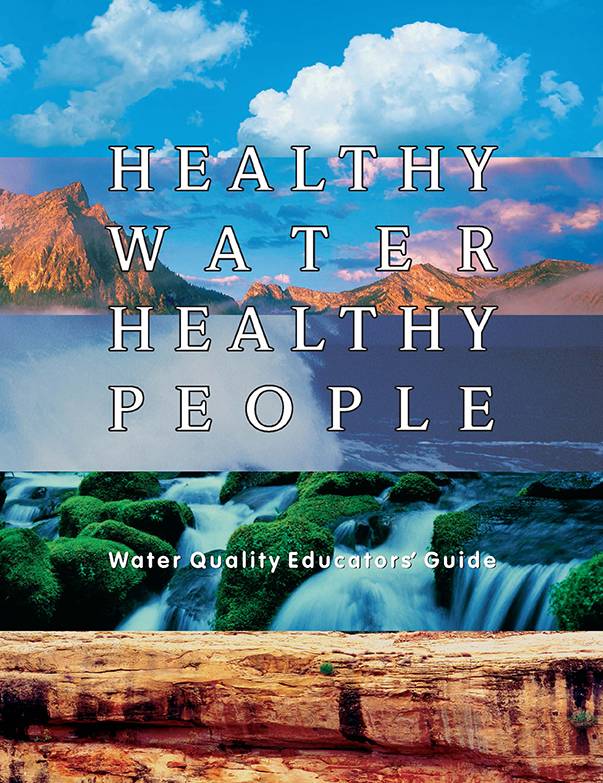
Healthy Water, Healthy People Educator and Activity Guide
History in Missouri
In 1995, Project WET came to Missouri when it gained support from the Missouri Department of Natural Resources (DNR). Joe Pitts from DNR was the first State Coordinator and played an important role in getting Missouri Project WET started, as well as building the program (Joe was a part of the team who wrote the first Project WET guide). Herb Turner, a teacher from Waynesville High School, field tested the activities from the WET guide and provided input before the final edition was sent to the press.
Missouri Project WET has seen growth in the number of facilitators and educators who use Project WET materials in their classrooms and across state parks, educational facilities, and programs since its 1990s’ adoption.
Currently, Missouri State University is the state sponsor for and hosts the state coordinator for Missouri Project WET. Several non-profit organizations who are involved in water stewardship in Southwest Missouri provided their support for Missouri Project WET, including Watershed Committee of the Ozarks and the James River Basin Partnership.
For more information visit the Project WET Homepage: Project WET Homepage
State Coordinator for Missouri -
Dr. Melanie Carden-Jessen
Dr. Melanie Carden-Jessen
Secondary Science Education Program Coordinator
Project WET, WILD, and PLT State Coordinator
School of Earth, Environment and Sustainability
Missouri State University
901 S. National, Blunt Hall 367
Springfield, Missouri 65897
MCardenJessen@MissouriState.edu
417-836-3231